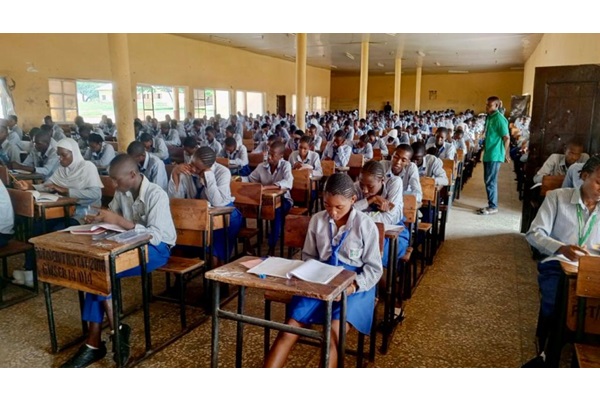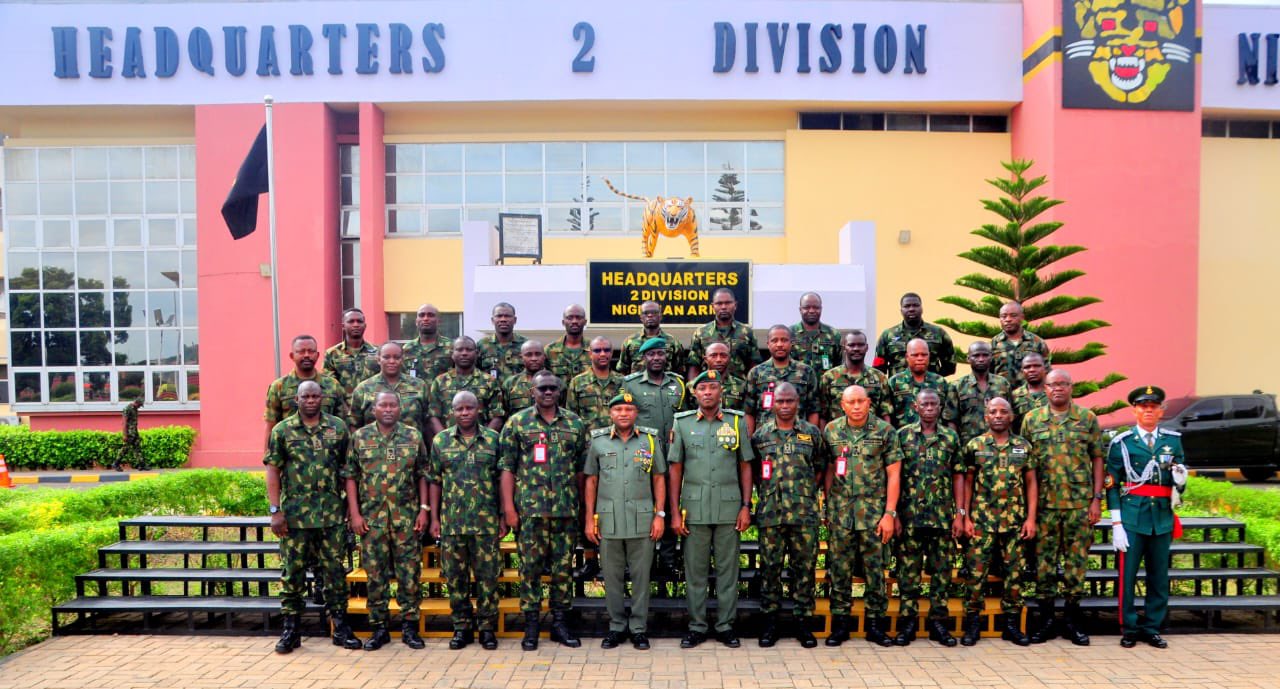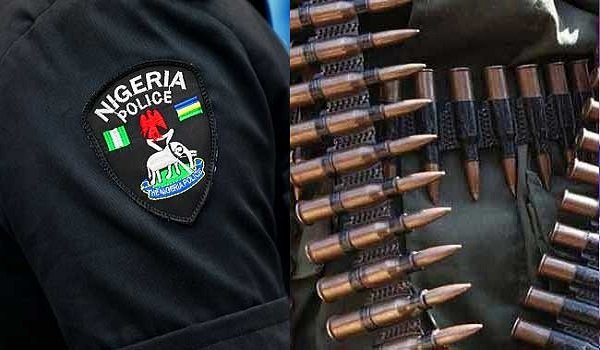The House of Representatives has expressed deep concern over the deteriorating state of Nigeria’s diplomatic missions in the United States, citing unpaid staff salaries, infrastructural decay, and administrative dysfunction across the country’s embassies and consulates.
In a motion of urgent national importance presented by House Minority Leader, Hon. Kingsley Chinda, the lawmakers resolved to investigate the financial, administrative, and infrastructural conditions of Nigeria’s missions in New York, Atlanta, and Washington, D.C.
Chinda, who led the recent oversight visit by the Nigeria–U.S. Parliamentary Friendship Group, described the situation as embarrassing and detrimental to Nigeria’s international image.
He disclosed that over 30 staff members at the New York Mission have not received salaries for more than a year, while in Washington D.C., basic amenities such as the building elevator were reportedly fixed only through the intervention of a private Nigerian citizen—a gesture he said highlighted gross official negligence.
The House called on the Federal Government to immediately appoint a Permanent Representative to the United Nations and a High Commissioner to the United States, lamenting that both critical diplomatic positions have remained vacant for two years.
“The dereliction of duty has created a negative perception of Nigeria globally and could jeopardise the country’s aspiration for a permanent seat at the UN Security Council,” Chinda said during plenary.
The lawmakers also urged the Ministry of Foreign Affairs and the Office of the Accountant-General of the Federation to take swift action to address the issues plaguing Nigeria’s U.S. missions, warning that the current state of affairs risks plunging the nation into “ridicule and irrelevance” among the international community.
Despite receiving annual budgetary allocations, Chinda said many missions have been unable to meet their operational obligations due to fund mismanagement, weak oversight, and the dwindling value of the naira.
The investigation is expected to identify the root causes of salary arrears, assess budget shortfalls, and propose long-term reforms aimed at restoring professionalism, accountability, and dignity in Nigeria’s foreign service operations.
Citing Section 19 of the 1999 Constitution, Chinda reminded the House that foreign policy is central to promoting national interest and global cooperation, and that embassies serve as vital conduits for Nigeria’s diplomatic, economic, and cultural engagements abroad.
The motion was adopted unanimously by the House, with the relevant committees tasked to commence their investigation immediately.




